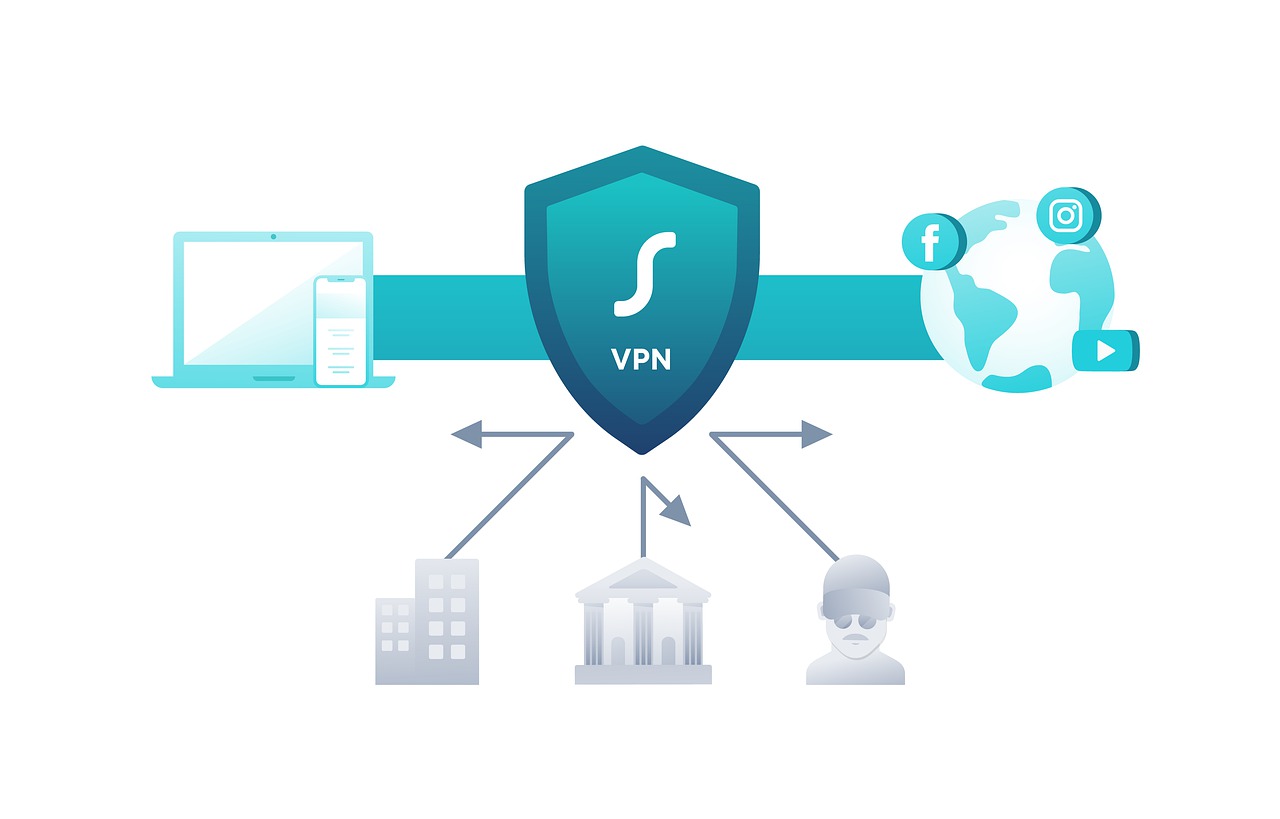With the popularity of mobile devices and the widespread use of wireless networks, more and more people rely on wireless networks for work, study and entertainment. However, the convenience of wireless networks also brings security threats such as data leakage, hacking and network surveillance. Virtual private network (VPN), as a security tool, can provide strong protection against potential security threats and ensure user privacy and data security in a wireless network environment.

1. Security challenges of wireless networks
The convenience and flexibility of wireless networks have made them an integral part of modern life. However, along with it comes a host of security challenges that can pose a threat to personal privacy and sensitive information. Here are some common wireless network security issues:
Data leakage: On public Wi-Fi networks, hackers can steal users' sensitive information, such as login credentials and credit card numbers.
Man-in-the-middle attacks: Hackers may disguise themselves as legitimate network connections to steal users' data traffic or even tamper with transmitted data.
Network Surveillance: Third parties may collect personal information about users' online activities by monitoring their network traffic.
Malicious hotspots: Attackers can set up malicious Wi-Fi hotspots to attract users to connect and steal their data.
2. How VPN work
A Virtual Private Network (VPN) is a technology that provides users with an extra layer of privacy and security on a wireless network by encrypting communication data and hiding the user's IP address. When a user connects to a VPN, his or her data is encrypted, making it unreadable during transmission. At the same time, the VPN hides the user's real IP address and replaces it with the IP address of the VPN server, thus masking the user's true identity and location.
3. Role of VPN in wireless networks
The use of a VPN in a wireless network offers a number of important security benefits:
Data Encryption: VPN use strong encryption algorithms to protect users' data from theft by hackers and third parties. Even when users perform sensitive operations, such as online banking transactions, on a public Wi-Fi network, they are assured of secure data transmission.
Anonymity: The VPN hides the user's real IP address, making them anonymous on the wireless network. This means that the user's online activities cannot be easily tracked and monitored, thus protecting privacy.
Bypass Geo-restrictions: Some regions may impose access restrictions on specific websites or content. By connecting to a VPN server located in another country, users can bypass these geo-restrictions and access restricted content.
Prevent Man-in-the-Middle Attacks: A VPN prevents hackers from conducting man-in-the-middle attacks, safeguarding the integrity and security of user data. Even if a hacker tries to steal a user's data traffic, they will not be able to obtain useful information since the data is encrypted.
4. Practical ways to protect your wireless network with a VPN
To protect themselves in a wireless network, users can take the following steps:
Choose a trusted VPN service: There are many VPN providers in the market, but not all of them are trustworthy. Choose those providers that have a good reputation and offer strong encryption and privacy protection.
Install and configure the VPN app: Download and install the selected VPN app and follow the provider's guidelines to configure the app. Usually, it takes only a few simple steps to connect to a VPN server.
Choose server location: Select the location of the VPN server as needed. If you want to bypass geo-restrictions, choose a server located in another country.
Maintain VPN connection: Always keep your VPN connection active when using a wireless network. This will ensure that your data transfers are encrypted for your privacy and security.
Avoid public Wi-Fi: Try to avoid performing sensitive operations, such as banking transactions or logging into accounts, on unsecured public Wi-Fi networks. If necessary, use a VPN to protect your data transfer.
5. Conclusion
The popularity of Wi-Fi brings us convenience, but it also comes with security threats. Virtual Private Network (VPN) as an effective security tool can help us prevent data leakage, hacking and network surveillance in wireless networks. By encrypting data, hiding IP addresses and providing anonymity, VPN provide an extra layer of protection for users on wireless networks, ensuring data privacy and security. Taking appropriate security measures such as using a trusted VPN service when using a wireless network can effectively reduce security risks and keep personal information safe.
 E-posta
E-posta